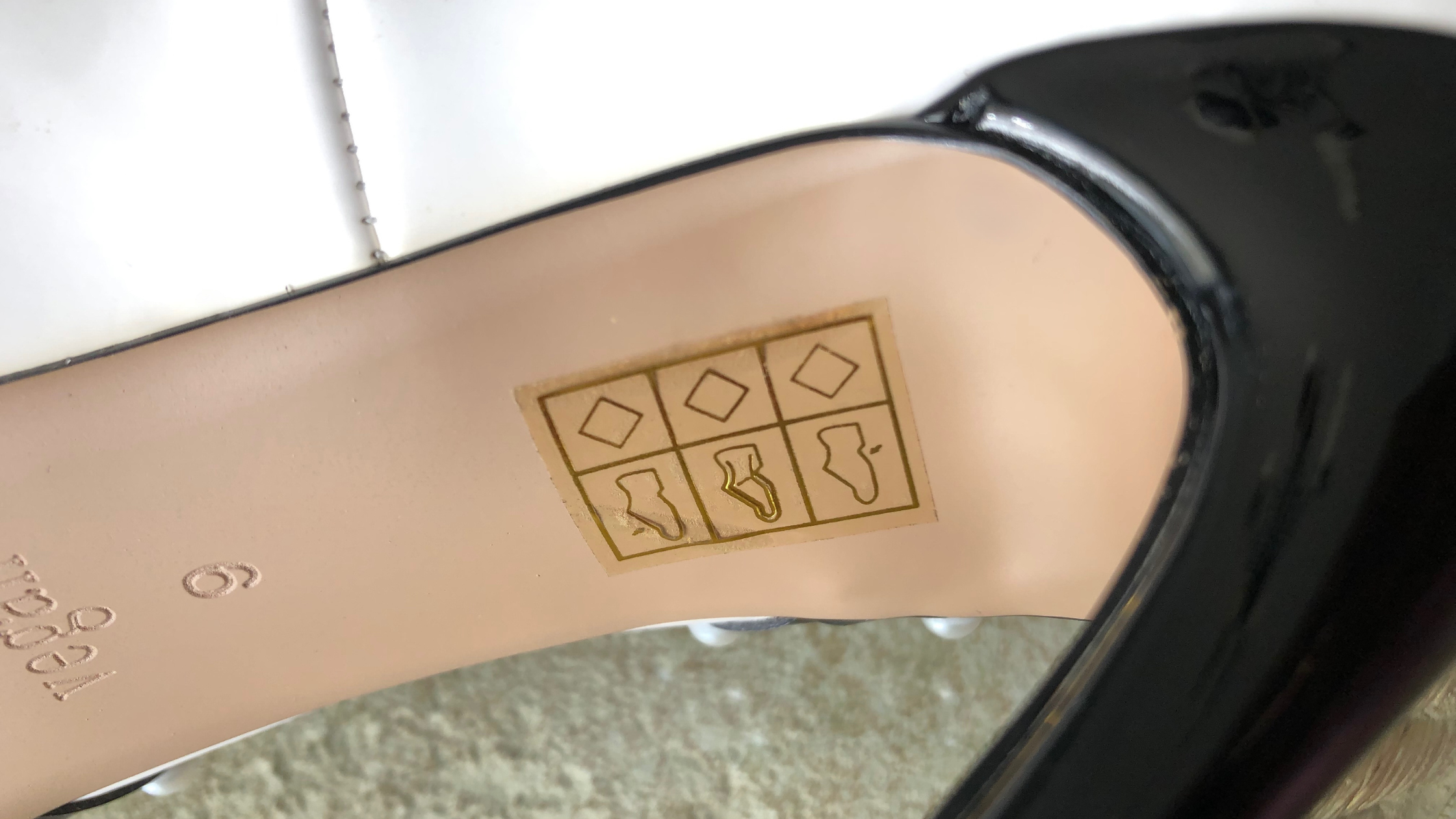
A Guide to Identifying Vegan Shoes: What to Look For
In recent years, the demand for cruelty-free and environmentally conscious products has surged, leading to a significant rise in the popularity of vegan shoes. If you're someone who wants to make ethical choices in your fashion purchases, it's crucial to know how to identify whether a shoe is made with vegan materials. In this guide, we'll explore key aspects to look for when determining if a shoe is truly cruelty-free.
-
Check the Label: The easiest way to identify vegan shoes is by checking the label. Look for terms like "vegan," "animal-free," or "plant-based." Manufacturers proud of their commitment to cruelty-free materials will often prominently display these labels on their products.
-
Material Matters: Traditional leather is a common non-vegan material used in shoes. Instead, opt for shoes made from synthetic materials like polyurethane (PU) or microfiber. These materials replicate the look and feel of leather without harming animals. Canvas, hemp, and other plant-based fabrics are also excellent choices.
-
Inspect the Insole: Sometimes, the insole of a shoe contains animal-derived materials like leather or suede. Flip the shoe over and take a look inside. Vegan shoes typically use synthetic or plant-based materials for the insole, ensuring an animal-free product from top to bottom.
-
Glue Matters Too: While the upper material might be vegan-friendly, the glue used in the manufacturing process may not be. Inquire with the brand or manufacturer about the adhesive they use. Many vegan shoe brands are conscious of this and ensure that the entire shoe-making process is cruelty-free.
-
Research the Brand: Knowledge is power, and in the age of information, it's easy to research brands and their practices. Many ethical and sustainable brands have transparent policies regarding the materials they use. Explore their websites, read reviews, and look for certifications from organizations that verify vegan and cruelty-free practices.
-
Avoid Common Animal-Derived Materials: Educate yourself on materials commonly derived from animals and avoid them when shopping for vegan shoes. Leather, suede, wool, and silk are examples of materials you'll want to steer clear of. Fortunately, the market now offers a plethora of alternatives that are just as stylish and durable.
-
Look for Eco-Friendly Options: Vegan shoes often go hand in hand with eco-friendly practices. Look for brands that prioritize sustainability by using recycled materials or incorporating eco-friendly production methods. This way, you not only contribute to animal welfare but also minimize your environmental impact.
-
Read Product Descriptions: Online shopping has become a convenient way to find vegan shoes. Read the product descriptions carefully, as they often contain valuable information about the materials used. If the information is unclear, don't hesitate to reach out to the seller or manufacturer for clarification.
-
Vegan Labels: Some shoes come with explicit "Vegan" labels or symbols. This indicates that the shoes are made without any animal-derived materials. Look for phrases like "100% Vegan," "Vegan-Friendly," or simply "Vegan" on the label.
-
Material Information: Many shoe labels include information about the materials used in the manufacturing process. This can help you identify whether the shoes are made from synthetic materials, textiles, or other non-animal-derived substances.
-
Recycled Materials: Eco-conscious brands often use labels or symbols to indicate that the shoes are made from recycled materials. This signifies a commitment to sustainability and reducing the environmental impact of the manufacturing process.
-
Certifications: Some shoes carry certifications from third-party organizations that verify the product's vegan or cruelty-free status. Look for symbols from organizations like PETA's "PETA-Approved Vegan" logo or the Vegan Society's certification.
-
Fair Trade Labels: Shoes produced under fair trade conditions may have labels indicating their adherence to ethical labor practices. These labels assure consumers that the workers involved in the production process were treated fairly and received fair wages.
-
Waterproof or Water-Resistant Labels: If a shoe is designed to be waterproof or water-resistant, the label may include symbols or text indicating this feature. This information can be crucial for those looking for shoes suitable for various weather conditions.
-
Performance Labels: Athletic and performance shoes may have labels indicating specific features such as breathability, durability, or support. These labels help consumers make informed decisions based on their specific needs.
-
Care Instructions: Labels often include care instructions for maintaining the shoes. This information can guide you on how to clean and care for your footwear properly, ensuring longevity.




